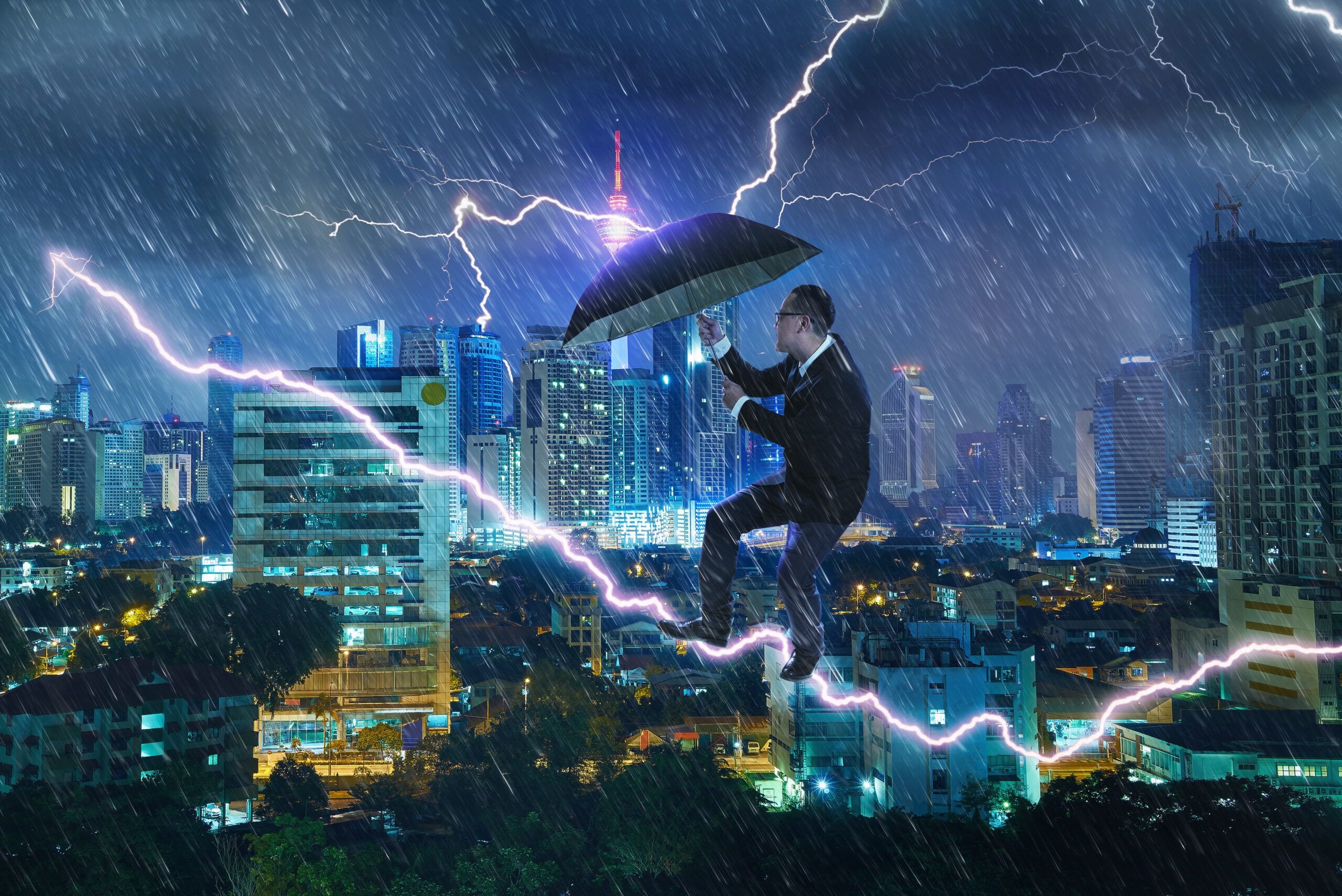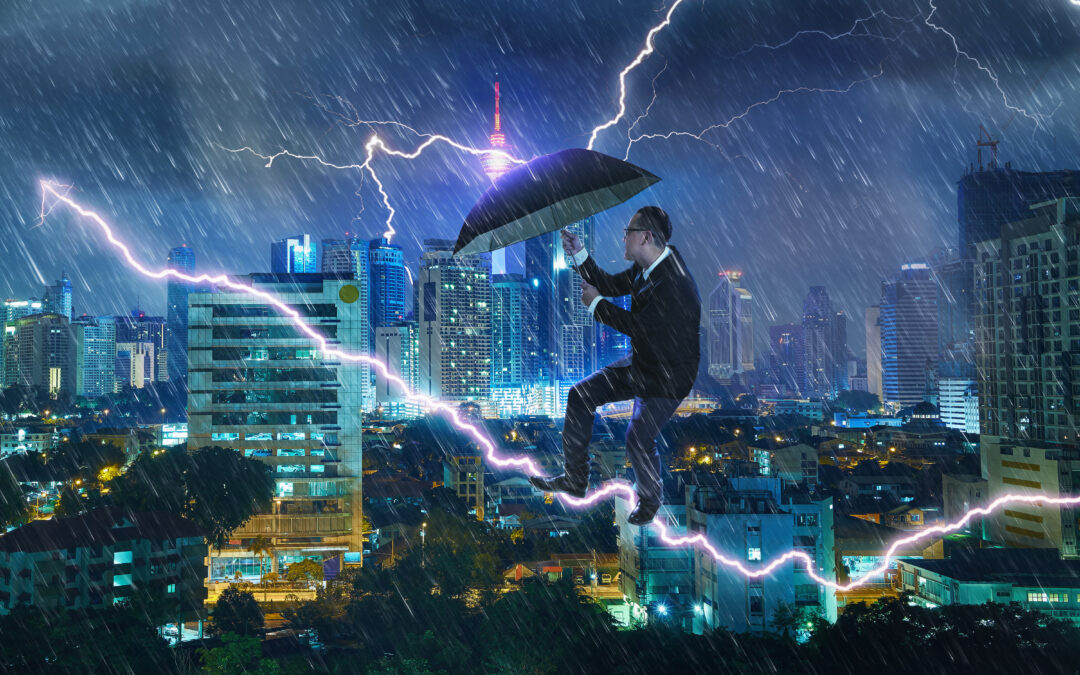As the world becomes more unpredictable, it’s increasingly important to be prepared for natural disasters. A sudden emergency can strike at any time, leaving you and your family in danger if you aren’t ready. In this step-by-step guide, we will show you how to prepare for a natural disaster so that you can keep yourself and those around you safe.

1. What to Do Before a Natural Disaster Strikes:
The first thing you should do is create an emergency plan with your family members or housemates. This includes identifying potential risks in your area, such as earthquakes, hurricanes, floods, wildfires, etc., and creating evacuation plans accordingly. You should also establish a meeting place where everyone can gather in case of separation during the emergency.
2. Creating an Emergency Kit: The Essentials You Need:
Next, you need to put together an emergency kit that contains all the essentials you may need during a crisis. Your kit should include items like non-perishable food, water, flashlights, batteries, first aid supplies, medications, personal hygiene products, extra clothes, and copies of important documents. Make sure to store these items in a convenient location that is easily accessible when needed.
3. How to Prepare Your Home for a Natural Disaster:
To protect your home from damage caused by natural disasters, there are several things you can do. For example, you can reinforce doors and windows, install storm shutters, secure loose outdoor furniture, trim trees and shrubs, and move valuable possessions to higher ground. It’s also a good idea to have a backup generator on hand in case power goes out.
4. Evacuation Plans and Procedures:
If authorities issue an evacuation order, make sure to follow their instructions promptly. Plan ahead by familiarizing yourself with evacuation routes and shelter locations in advance. If possible, take your pets with you, but remember to leave them behind if they pose a risk to public safety. Once you reach your destination, register with local officials to let them know you are safe.
In conclusion, being prepared for a natural disaster can save lives. By following these steps, you can ensure that you and your loved ones stay safe and informed during times of crisis. Remember to always stay alert and listen to official warnings and advisories.




